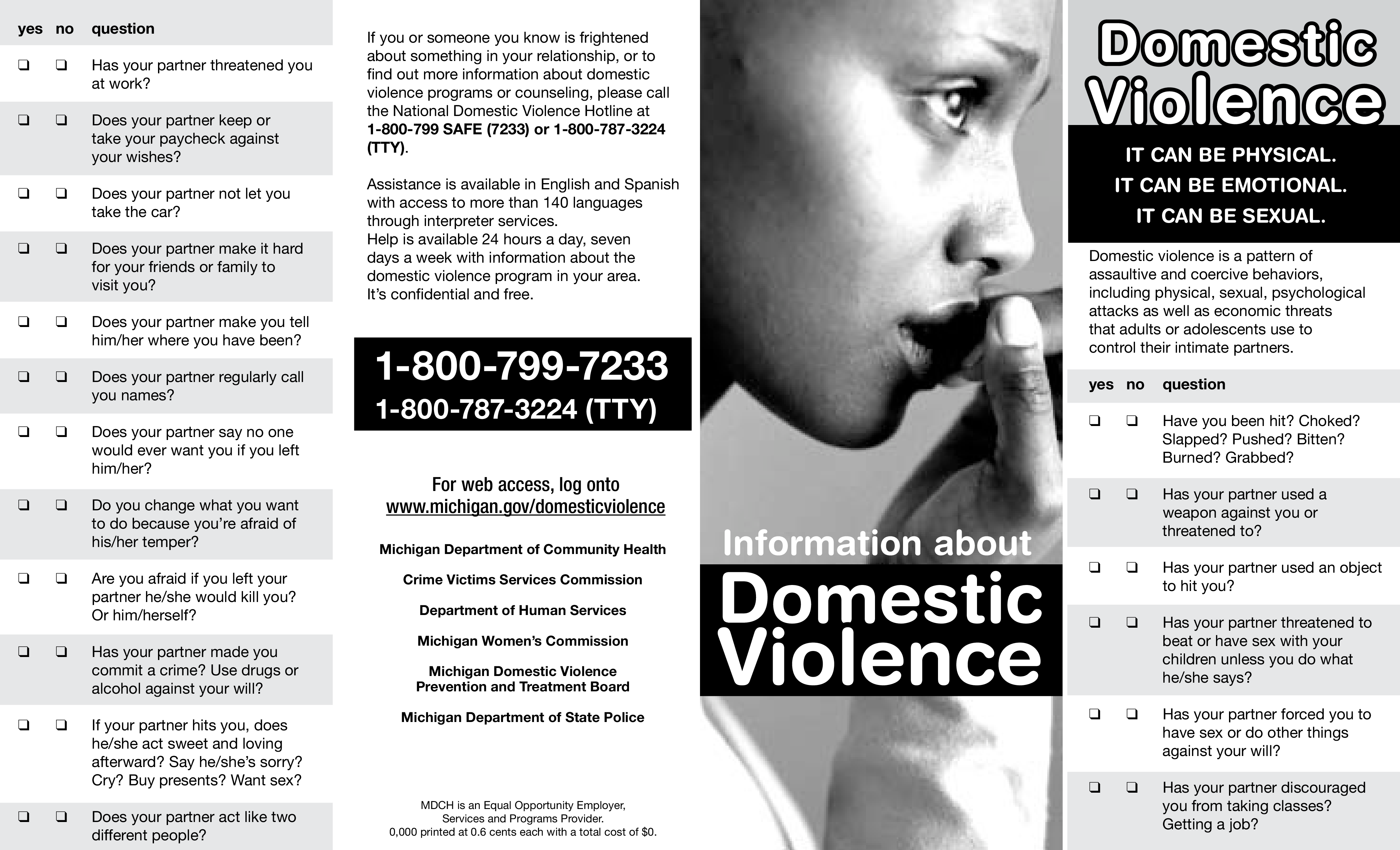Understanding Domestic Battery

Domestic battery is a serious crime that can have devastating consequences for victims. It is important to understand what constitutes domestic battery, its prevalence, and its potential impact on victims.
Legal Definition of Domestic Battery
The legal definition of domestic battery varies depending on the jurisdiction. Generally, it involves the intentional or reckless infliction of bodily harm or offensive contact upon a family or household member. This definition may include acts of physical violence, such as hitting, kicking, or shoving, as well as non-physical acts, such as restraining or threatening someone.
Examples of Domestic Battery
Domestic battery can take many forms, including:
- Hitting, kicking, punching, or slapping
- Choking, strangling, or suffocating
- Pulling hair or biting
- Using a weapon to inflict harm
- Restraining or holding someone against their will
- Threatening to harm someone
- Spitting on someone
- Throwing objects at someone
Prevalence of Domestic Battery
Domestic battery is a widespread problem. According to the National Coalition Against Domestic Violence, an average of 20 people per minute are physically abused by an intimate partner in the United States. This translates to more than 10 million people per year.
Consequences of Domestic Battery
Domestic battery can result in a variety of consequences, including:
- Criminal Charges: Domestic battery is a criminal offense that can result in fines, imprisonment, or both. The severity of the charges depends on the nature and extent of the injuries inflicted.
- Civil Suits: Victims of domestic battery may also file civil lawsuits against their abusers. These lawsuits can seek compensation for medical expenses, lost wages, and emotional distress.
- Protective Orders: Victims of domestic battery can obtain protective orders from the court to prevent their abusers from contacting or coming near them.
- Loss of Custody: Domestic battery can affect custody arrangements for children. If a parent is convicted of domestic battery, they may lose custody of their children.
Impact of Domestic Battery on Victims
Domestic battery can have a profound and lasting impact on victims. Victims may experience:
- Physical Injuries: Victims of domestic battery can suffer from a wide range of physical injuries, including bruises, cuts, broken bones, and internal injuries.
- Emotional Trauma: Domestic battery can cause significant emotional trauma, including fear, anxiety, depression, and post-traumatic stress disorder (PTSD).
- Social Isolation: Domestic battery can isolate victims from their friends and family. Abusers may try to control their victims’ relationships and limit their contact with others.
- Financial Strain: Domestic battery can lead to financial strain for victims. They may lose income due to injuries or missed work, and they may have to pay for medical expenses and other costs associated with the abuse.
Causes and Risk Factors: Domestic Battery
.jpg)
Domestic battery, a serious issue with far-reaching consequences, is often a complex interplay of various factors. Understanding these causes and risk factors is crucial for prevention and intervention efforts. This section explores the multifaceted nature of domestic battery, examining its roots and identifying key indicators that can help us understand the dynamics of this harmful behavior.
Substance Abuse
Substance abuse plays a significant role in domestic battery. When individuals are under the influence of drugs or alcohol, their inhibitions are lowered, making them more likely to engage in impulsive and aggressive behavior. Alcohol, in particular, is a common factor in domestic violence, as it can impair judgment, increase aggression, and decrease self-control. The National Institute on Alcohol Abuse and Alcoholism (NIAAA) reports that alcohol is a factor in approximately 40% of domestic violence incidents. Furthermore, substance abuse can exacerbate existing mental health issues, leading to a heightened risk of violence.
Mental Health Issues
Mental health issues, such as depression, anxiety, and personality disorders, can contribute to domestic battery. Individuals with these conditions may struggle to regulate their emotions, cope with stress, and maintain healthy relationships. For example, individuals with borderline personality disorder may exhibit intense emotional reactivity, impulsivity, and difficulty controlling anger, which can increase the risk of violence. It’s important to note that having a mental health condition does not automatically mean someone will be violent. However, individuals with untreated mental health issues are more likely to engage in abusive behavior.
Power and Control
Domestic battery is often rooted in a desire for power and control. The abuser seeks to dominate their partner and maintain a sense of superiority. This dynamic can manifest in various ways, including isolation, intimidation, economic abuse, and threats. The abuser may use violence to enforce their will, punish their partner, or maintain control over their life. This dynamic can be particularly dangerous, as the abuser may escalate their violence over time.
Risk Factors
Several risk factors can increase the likelihood of domestic battery. These factors can be categorized into individual, relationship, and societal levels:
- Individual Risk Factors: These include personal characteristics, such as a history of violence, substance abuse, mental health issues, and poor impulse control.
- Relationship Risk Factors: These include factors within the relationship itself, such as a history of violence, controlling behavior, jealousy, and communication difficulties.
- Societal Risk Factors: These include broader societal factors that contribute to violence, such as gender inequality, cultural norms that condone violence, and lack of access to resources and support services.
Legal and Social Responses

Responding to domestic battery requires a multifaceted approach, encompassing legal measures, social support systems, and public awareness initiatives. This section delves into the legal processes, available protections, and the role of law enforcement in addressing this pervasive issue.
Legal Process for Reporting and Prosecuting Domestic Battery
The legal process for reporting and prosecuting domestic battery involves a series of steps designed to ensure the safety of the victim and hold the perpetrator accountable. Here is a table outlining the key stages:
| Stage | Description |
|---|---|
| Reporting | The victim can report domestic battery to law enforcement, a domestic violence shelter, or other social service agencies. |
| Investigation | Law enforcement officers investigate the incident, gather evidence, and interview witnesses. |
| Arrest | If probable cause exists, the perpetrator may be arrested and charged with domestic battery. |
| Prosecution | The district attorney’s office decides whether to pursue criminal charges. |
| Trial | If the case proceeds to trial, the prosecution presents evidence to prove the defendant’s guilt beyond a reasonable doubt. |
| Sentencing | If convicted, the defendant may face various penalties, including fines, probation, imprisonment, or mandatory counseling. |
Legal Protections for Victims of Domestic Battery
Victims of domestic battery have access to a range of legal protections designed to safeguard their safety and well-being. Here is a table illustrating some of these protections:
| Type of Protection | Description |
|---|---|
| Protective Orders | These orders can be issued by a court to prevent the abuser from contacting or coming near the victim. |
| Emergency Shelters | Domestic violence shelters provide temporary housing, support services, and safety for victims. |
| Financial Assistance | Victims may be eligible for financial assistance to cover expenses such as housing, medical care, and legal fees. |
| Legal Representation | Victims may be eligible for free legal representation to assist them with navigating the legal system. |
Role of Law Enforcement in Responding to Domestic Battery Calls
Law enforcement plays a crucial role in responding to domestic battery calls. Officers are trained to assess the situation, ensure the safety of all parties involved, and gather evidence. Their primary responsibilities include:
– Assessing the scene and identifying potential threats
– Separating the victim and perpetrator
– Providing medical attention if necessary
– Gathering evidence, such as witness statements and physical evidence
– Making an arrest if probable cause exists
– Providing information about available resources and support services
Effectiveness of Existing Laws and Policies in Addressing Domestic Battery
The effectiveness of existing laws and policies in addressing domestic battery is a complex issue. While laws and policies provide a framework for holding perpetrators accountable, challenges remain in effectively preventing and addressing domestic violence. Some argue that existing laws may not be adequately enforced or that there is a lack of resources to support victims.
Public Awareness Campaign to Raise Awareness about Domestic Battery
A public awareness campaign can play a vital role in raising awareness about domestic battery, challenging societal norms that perpetuate violence, and empowering individuals to take action. Here are some key elements of an effective campaign:
– Target Audience: Identify the specific groups that need to be reached, such as young people, men, and communities where domestic violence is prevalent.
– Messaging: Develop clear and concise messages that educate the public about domestic battery, its impact, and the resources available to victims and perpetrators.
– Media Channels: Utilize a variety of media channels to reach the target audience, such as television, radio, social media, and community events.
– Call to Action: Encourage the public to take action, such as reporting domestic violence, supporting victims, or seeking help for themselves or others.
– Collaboration: Partner with organizations and individuals working to address domestic violence to amplify the message and reach a wider audience.
Domestic battery is a serious issue that affects many people, and it’s important to remember that violence is never the answer. It’s heartwarming to see the joy and excitement surrounding the news of Skai Jackson pregnant , reminding us that life can bring both challenges and blessings.
If you or someone you know is experiencing domestic violence, please reach out for help. There are resources available to provide support and guidance.
Domestic battery is a serious issue, and it’s important to understand the impact it has on individuals and families. The public perception of such situations can be complex, as seen in discussions on online platforms like skai jackson reddit , where different perspectives are shared.
It’s crucial to remember that domestic battery is a crime, and seeking help is essential for anyone experiencing or witnessing it.